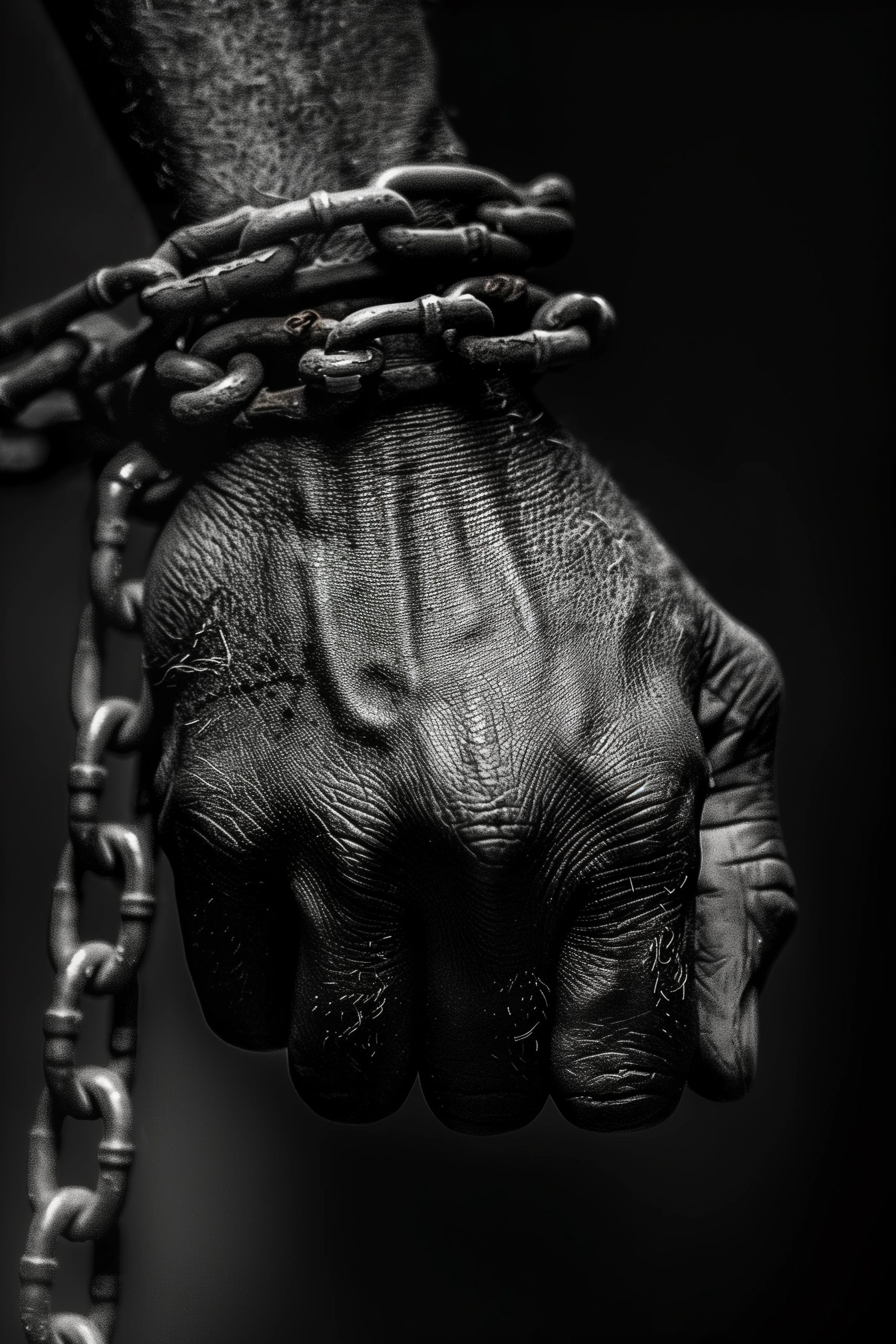They step onto the stage: wide smiles, confident voices, bold promises of hope and change. Crowds erupt. Slogans echo in every street. Campaign posters flood the nation. And just like that, a leader is born.
But the excitement fades fast. Schools lack teachers. Clinics run out of medicine. Corruption creeps in. Jobs go to friends, not skilled professionals.
We’ve all felt that moment of betrayal. But how did it happen?
The truth is often unsettling: the skills required to win power are very different from those needed to lead effectively. Campaigns reward charisma, memorable slogans, and strong networks, rather than wisdom, competence, or a long-term vision.
This is why rulers who might dazzle on stage can falter once behind closed doors. They tend to surround themselves with loyalists rather than specialists, rewarding allegiance over aptitude. It’s at this point that nations often begin to stagnate, quietly but significantly.
As was pertinently observed on “Debate 411,” hosted by Eugene Anangwe, “We’re not just electing leaders, we are choosing personalities over principles.” Another panelist on the show bluntly challenged: “If you can dance on stage and say the right slogans, you win. But what happens when the dancing ends?”
These questions resonate universally, reminding us that true leadership is far more than a performance. When the applause dies down, a nation can be left with unanswered questions and unfulfilled promises.
In this context, the role of an informed conscience becomes paramount. Scovia Mutesi, Executive Director of the Rwanda Media Commission, speaking to young journalists in Kigali, offered a vital perspective: “Conscience should be greater than the degrees you hold, greater than the education you’ve received, no matter how prestigious.”
Her words serve as a crucial reminder: even highly educated voices can be empty if not guided by strong morals. Journalists, in particular, cannot merely report; they must ask difficult questions and highlight inconsistencies.
If the media fails to scrutinize when leaders prioritize loyalty over proven ability, society may face the consequences.
The “loyalty trap” is a pervasive issue. It’s illogical to appoint a hospital director based solely on friendship rather than medical experience, yet in politics, such scenarios occur repeatedly.
Rwandan analyst Jessica Mwiza warns, “When loyalty is more important than competence, we plant the seeds of failure.” This environment fosters an invisible decline where infrastructure crumbles, institutions weaken, and overall progress stalls, often unnoticed until it’s too late to easily reverse.
Discussions among those in the journalism field shed further light on what happens when power falls into the wrong hands.
Brenda Mizero, writer of Inyarwanda, highlights how some leaders use charm and persuasive tactics, often bordering on manipulation, to gain followers. Others might resort to fear and control, exploiting people’s anxieties or using coercion to maintain authority.

Ntagara Delphine, a news reporter at Radio Salus, pointed out that many leaders initially promise to serve the people, but their subsequent actions reveal that personal interests are their primary motivation.

Roger Uwineza, a journalism student at MKU and freelance content creator at Eagle Sounds Studio, shared a common observation from films depicting corrupt leaders: many are solely driven by financial gain and personal power, competing for positions without genuinely deserving to lead or intending to serve society.

Fiacre Dusenge, CEO of WashaHost Ltd, articulates that weak leadership often persists because political systems reward skill in gaining support, rather than actual leadership capability.

He explains that “in many democracies, leaders make promises, build strong networks, and appoint loyalists to key positions, even if those individuals lack the necessary skills”. This cycle perpetuates mediocrity and corruption, leading to the weakening of institutions.
Unlike private companies or families that typically prioritize merit, politics frequently favors loyalty over competence, making it challenging to establish a genuine meritocracy.
Ultimately, poor leaders do not simply appear by chance; they rise because society allows them to. We often give them our attention, overlook their weaknesses, and applaud superficial charm rather than demanding real substance.
Now, we face a crucial choice. It’s time to stop selecting mere performers. Let’s start by choosing individuals who are genuinely capable of building a better future. The destiny of our nation truly depends on the hands we entrust with its power.





